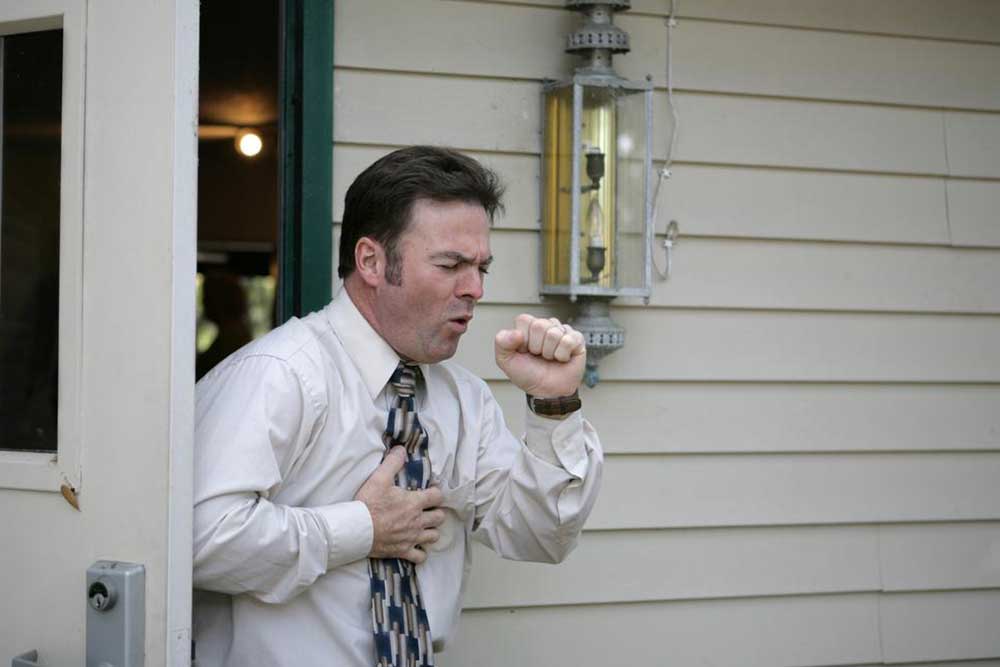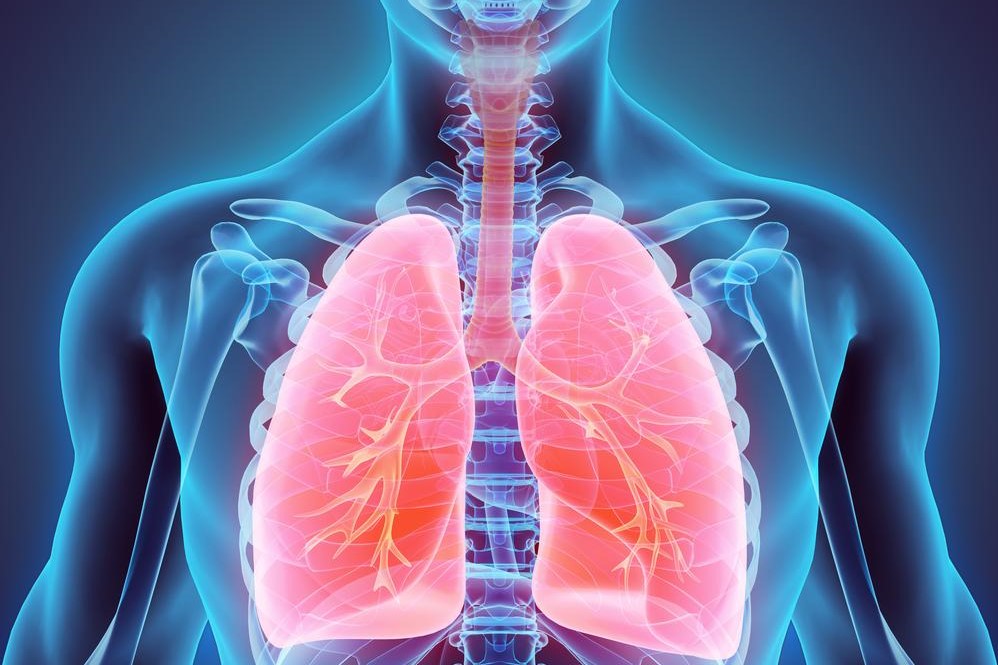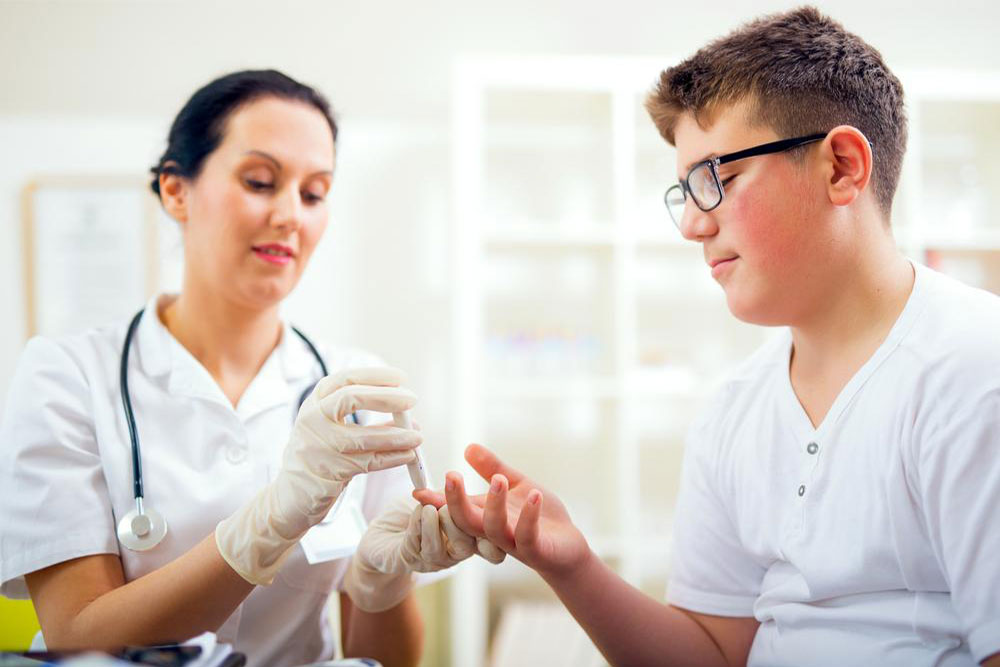Recognizing the Early Symptoms of Lung Cancer: A Complete Guide to Early Detection
Lung cancer, the leading cause of cancer-related deaths globally, often shows subtle symptoms in early stages. Recognizing signs like persistent cough, blood in sputum, and breathing difficulties is crucial for early diagnosis. This detailed guide offers insight into risk factors, early symptoms, and prevention, emphasizing the importance of vigilance. Regular screenings and healthy lifestyle choices can significantly improve treatment success and survival rates. Stay informed and consult healthcare professionals if you experience any warning signs to improve outcomes and combat this deadly disease effectively.

Lung cancer remains one of the most formidable health challenges worldwide, accounting as the leading cause of cancer-related mortality among men and women alike. Despite advancements in medical research and treatment options, early detection remains the crucial factor in improving survival rates. Understanding the early warning signs of lung cancer can lead to prompt diagnosis and more effective interventions, significantly impacting patient outcomes. This comprehensive guide aims to educate readers about the key symptoms to watch for, risk factors involved, and preventive measures, emphasizing the importance of vigilance and timely medical consultation.
Lung cancer’s insidious nature often makes it difficult to detect in the initial stages, as many symptoms are vague or mimic less severe respiratory illnesses. For this reason, awareness and proactive health checks are essential. While smoking is the predominant risk factor—accounting for approximately 85% of cases—other contributors such as prolonged exposure to air pollution, occupational chemicals, radon, and a hereditary predisposition also play significant roles.
Recognizing the symptoms early on can dramatically improve prospects for successful treatment. Common warning signs include a persistent cough that does not go away, coughing up blood, abnormal shortness of breath, wheezing, and recurrent lung infections like pneumonia. As the disease advances, individuals may experience unexplained fatigue, unintended weight loss, and loss of appetite, which are often indicators of systemic progression.
Sometimes, symptoms are subtle and can be mistaken for other respiratory conditions. For example, chronic bronchitis or asthma may present similar symptoms but require different treatment approaches. Therefore, it is vital for individuals experiencing any of these signs to seek comprehensive medical evaluation promptly. Diagnostic tools such as chest X-rays, CT scans, and biopsy procedures aid in early detection, providing an opportunity for timely intervention.
Prevention strategies are equally important. Avoiding tobacco smoke, reducing exposure to known carcinogens, adopting a healthy lifestyle with a balanced diet and regular exercise, and undergoing routine health screenings can help decrease the risk of developing lung cancer. Additionally, for high-risk individuals such as smokers or those with a family history of lung cancer, low-dose CT scans are recommended for early screening, which can detect tumors at a stage when they are most treatable.
Medical advancements have improved treatment options for lung cancer, including surgery, chemotherapy, radiation therapy, targeted therapy, and immunotherapy. The effectiveness of these treatments largely depends on the stage at which the cancer is diagnosed. Therefore, early recognition of symptoms, coupled with regular health check-ups, can make a significant difference in patient survival and quality of life.
In conclusion, understanding the early warning signs of lung cancer is vital for individuals at risk. Being attentive to symptoms such as a persistent cough, blood-tinged sputum, breathing difficulties, and recurrent respiratory infections can lead to earlier diagnosis and better treatment outcomes. Maintaining a healthy lifestyle, avoiding risk factors, and seeking medical advice promptly are essential steps in combating this deadly disease. Awareness and education are the first lines of defense, empowering individuals to take proactive steps toward lung health and early detection.





